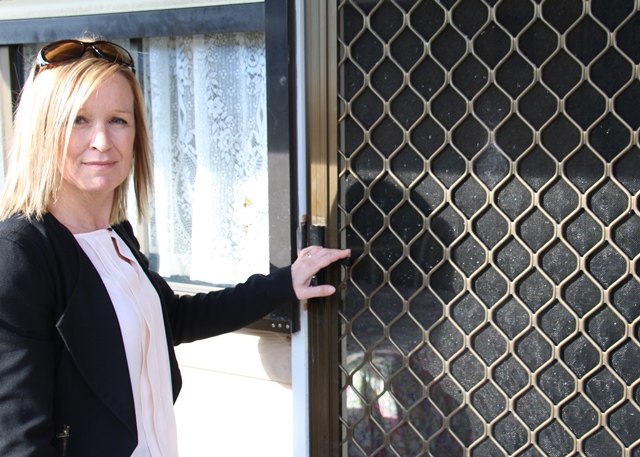26, October, 2016 – Adelaide – Addressing thousands of welfare cases across South Australia requires Centacare employees to work flexibly, collaboratively and safely – something that has been enabled through the organisation’s deployment of Skype for Business and the development of an app with Microsoft partner, Geomant.
After the software was set up across 46 offices state-wide, the organisation has already seen a return on investment, only 12 months later. The application is now assisting Centacare’s 600 employees address around 30,000 cases annually.
Operating across the Catholic Archdiocese of Adelaide – which has as its motto “never see a need without doing something about it” – Centacare’s aim is to help those people experiencing hardships as they respond to issues including disability, homelessness, domestic violence, family outreach and relationships, youth, community support, training and intervention services.
Wanting to live by its motto, Centacare underwent a two-year adoption plan that comprised a telecommunications overhaul to deploy Skype for Business across the organisation, ensuring that all employees migrated at a comfortable pace.
The adoption of Skype for Business has certainly improved the overall experience for both employees and their clients.
Firstly, employees are provided with increased mobility as they can collaborate with colleagues in real-time when they travel off-site to assess welfare cases.
The transformation of IT architecture has also ensured that staff remain safe in sometimes high-risk situations, for example when they are visiting unfamiliar locations or people who may be considered at risk of inflicting physical harm.
To provide additional safety, Centacare has customised an app, developed with Microsoft solutions partner Geomant, which works with Skype for Business. The app syncs to Outlook Calendar, enabling Centacare to call their field workers at the time of their off-site meetings to confirm their safety. The organisation has procured the intellectual property of Geomant’s solution, in the hope of offering the service to other organisations as an additional revenue stream.
The program isn’t just of use to Centacare employees. Clients are also able to dial in using Skype for what may be a more convenient way to receive counselling services.
Dominic Reppucci, CIO of Centacare believes that as consumers increasingly demand different modes of communication on different channels, the deployment of flexible infrastructure is necessary to cater for individual preferences.
“In some circumstances, the client will prefer that a video-conferencing system is used, rather than a face-to-face meet. This could be because of shyness, convenience, being uncomfortable or a plethora of other reasons”, Reppucci said. “The main thing is that they have the choice.”
Tony Binelli, IT Manager, Centacare Catholic Family Services believes that the deployment has enabled heightened organisational functioning – especially as staff deal with a diverse range of welfare cases.
“We see so many cases every day and our employees all have differing specialities. Sharing our expertise with each other in real-time, as we help people across the State, has allowed us to resolve issues far quicker.”
Centacare is now looking to adopt Exchange Online, a hosted email service, increase the use of note-taking app OneNote, and use the Translator app to further enhance its capacity to communicate with clients.
Sharon Schoenborn, Office Director, Microsoft Australia is proud to see how Centacare has harnessed Skype: “It is clear that by offering new ways to communicate, through flexible collaboration tools like Skype, people can exchange knowledge in ways never before possible. Centacare is a great example that technology can really help people who are in need.”





